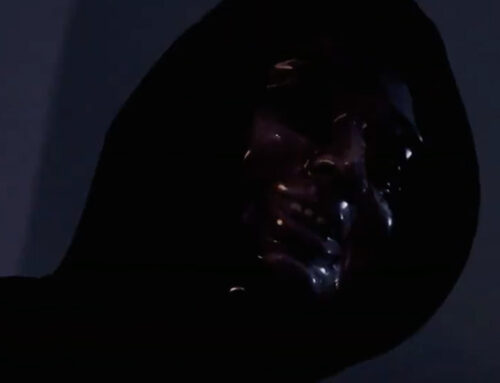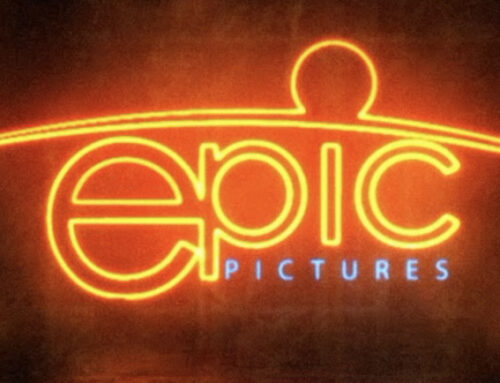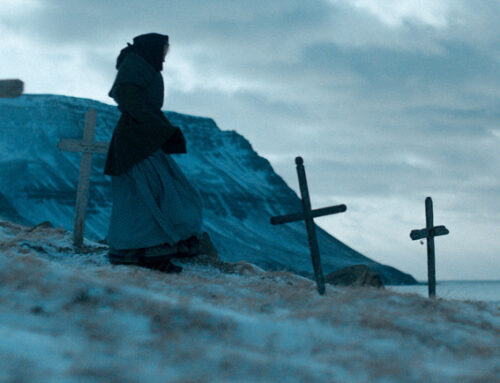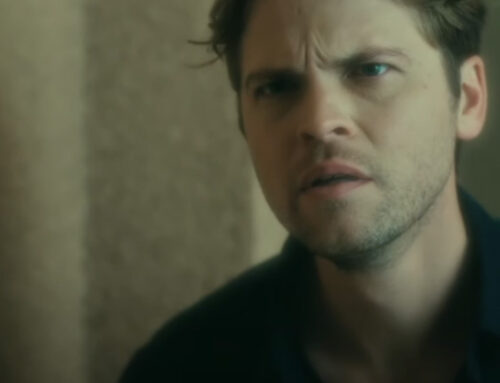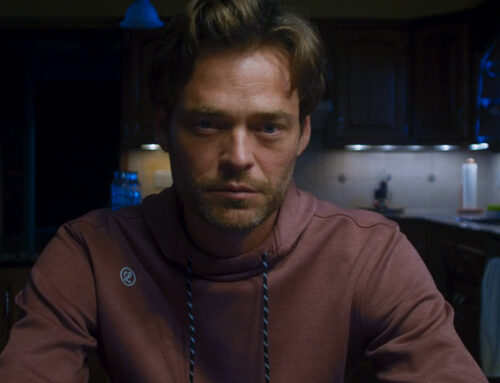SUNDANCE 2021 PREMIERE – Fittingly screening on the first day of black history month, Shaka King’s biopic of biblical proportions, Judas and the Black Messiah (2021) made its premiere at the 2021 Sundance Film Festival. Shaka King effortlessly transports audiences to the center of the cultural reset period of the post-Civil Rights Movement era. Judas and the Black Messiah isn’t a typical thriller, but at times this movie was as heart-racing as any, the suspense and tension built thick throughout this movie from its rousing start to its heartbreaking finish. Revolution is a bloody business, and this film about a bloody civil war on the streets of Chicago is no exception to other war movies. Shaka King proves himself to be one of the great storytellers of today, as the direction for this movie is nothing short of perfection. I am truly blown away by what I just watched, both emotionally wrecked and fired-up — this movie will get some reactions.
Even if one goes into the movie already knowing the conclusion the movie is still incredible — for one, because of the incredible nature of there being a war between the government and a community activist group, and two, because it is an incredibly well-made movie. The film is mainly told through the point of view of William O’Neal (LaKeith Stanfield), the “Judas” character, but framed within the life of Fred Hampton (Daniel Kaluuya) in the last years of his life as he is launching the Black Panther Party and the rainbow coalition. In exchange for relative freedom after being arrested for stealing a car, O’Neal is tasked with infiltrating the Black Panther Party’s Illinois chapter as an informant for the FBI. When O’Neal reports that the branch’s chairman, Fred Hampton, intends to unite the black, Latinx, and liberal white communities, what ensues is a war over defining the status quo between the government, law enforcement, and the Black Panther Party.
It doesn’t appear that Shaka King took any artistic license in telling this story. It ends, sadly, as it did in real life, and King sidesteps the Tarantino route of re-writing/correcting history and instead tells the thrilling aspects leading to the assassination of a martyr in an honest and relatively straight-forward telling, though the theme of there being a rat infiltrating an organization did often give me similar vibes experienced in viewing Scorcese’s The Departed (2006). The movie is intermixed with news clips from the civil rights movement as well as snippets of William O’Neal’s one and only TV interview. King does jump around a bit, chronologically, in inserting these clips, but in his knowing hands, coherency is never an issue in telling this story. A lot of the time I noticed that the camera framing was rather up close, which created this intimate feeling as if I was in these harrowing moments too — the framing often finding the audience staring up or down the barrel of a gun. I have but one gripe for Judas and the Black Messiah, and it is that I would have appreciated some attention to the sound mixing, as I found the dialogue hard to distinguish at times, but the movie was still enjoyable, of course, and the overarching message fully communicated thanks to the excellent acting from this cast stacked with actors who truly immerse themselves in each role and may have done their best work, each, so far in this movie.
This entire cast had amazing chemistry and the relationships felt authentic in such a way that when characters started dying that the pain was believable both on-screen and off-screen within myself. Daniel Kaluuya and LaKeith Stanfield had incredibly huge shoes to fill in stepping into these roles because of the emotional weight of this story. The movie follows both the Fred Hampton and William O’Neal characters about evenly, though Stanfield is given room to step to the forefront of this film. LaKeith Stanfield finally gets a meatier character to work with than usual, and man, does he dig deep in his portrayal of O’Neal. Stanfield successfully flipped my feelings towards his character numerous times during the runtime and seemed to give everything to his incredibly nuanced and emotionally layered character. Of course, Jesse Plemons, Hollywood’s resident evil-white-guy as of late, is included in the cast as the police officer and he does his perfect “EWG” performance as usual. There is perhaps no more humanizing of a character than that of Fred Hampton’s lover, Deborah Johnson played by Dominique Fishback, who embodies and represents the softer and deeper side of Fred Hampton. Personally, I will be thinking about this movie for quite a while, with Kaluuya’s speeches likely being some of my new favorite cinema speeches of all time.
The story of the Black Panther Party is often told without heart and without facts or not at all, but thanks to Shaka King’s direction, this story can finally be given its full context, framing it within the lives of real people attempting to affect real change. Judas and the Black Messiah is not just required viewing for black history month, though a perfect fit, but is highly recommended because it is simply one of the best movies out of the 2021 Sundance Film Festival. The fact that Fred Hampton is a historical figure typically criminalized alongside the likes of Assata Shakur and Angela Davis is a sobering reminder of the dangers of misinformation and the manipulation of public opinion in order to maintain a status quo. It is both a good movie to see by yourself and also one to use to spark conversation because of its controversial material relevant today.
9 out of 10
| JUDAS AND THE BLACK MESSIAH | ||
| RATING: | UR | JUDAS AND THE BLACK MESSIAH - Official Trailer |
| Runtime: | 1 hr. 40 Mins. | |
| Directed By: |
|
|
| Written By: | Aaron Hendry & Reza Sixo Safai | |

